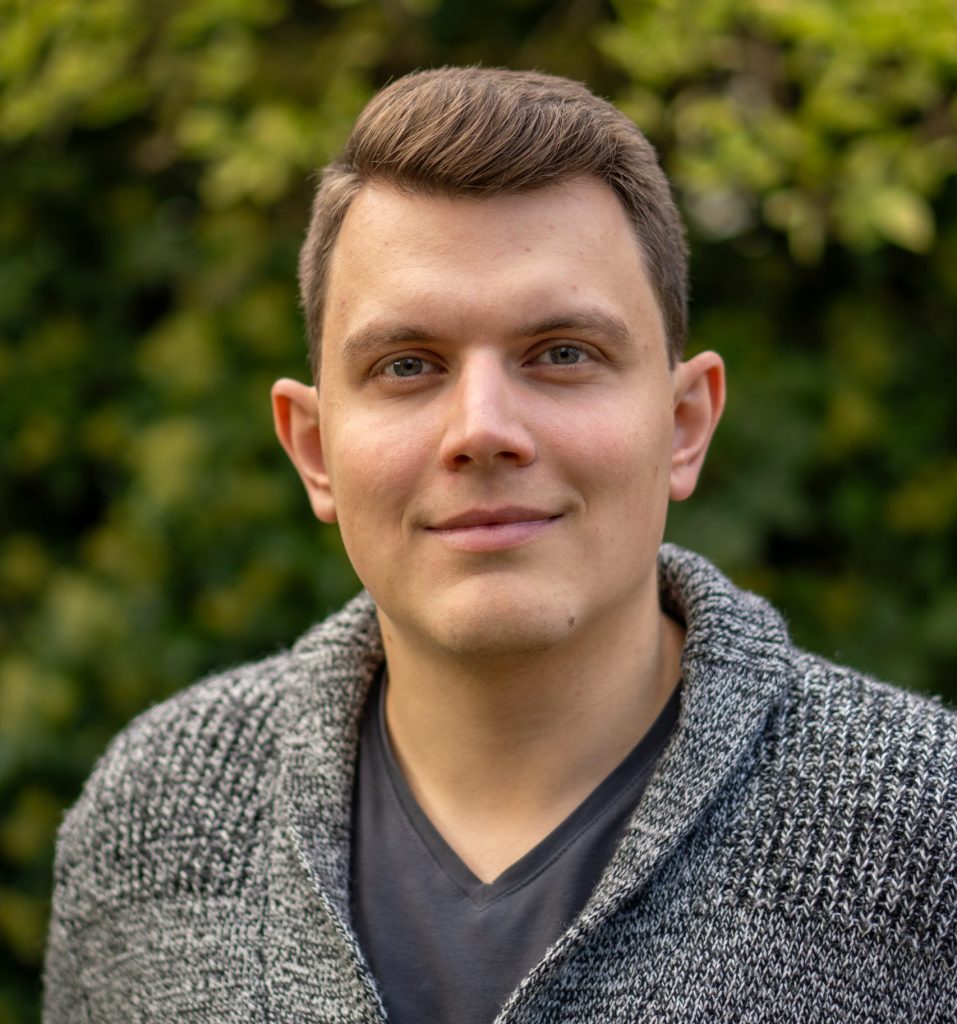Jan Reinicke is a PhD researcher at the IRTG ‘Baltic Peripeties.’ His current research focuses on protest photography in Germany and Sweden around 1900. He completed his Bachelor’s degree in History and Political Science, and his Master of Arts degree in History, both obtained from the University of Greifswald. During his studies, he worked as a student assistant for the ‘Interdisciplinary Centre for Baltic Sea Region Research,’ and after completing his studies, he worked as a research assistant for the ‘Virtual University of the Baltic Sea Region.’
Jan Reinicke

University of Greifswald
IRTG Baltic Peripeties
Anklamer Str. 20
17489 Greifswald
Germany
Room: 0.11
+49 3834 420 3594
jan.reinicke[at]uni-greifswald.de
Moving Pictures – Movements in Pictures. Protest Photography in Germany and Sweden, 1880-1918 (working title)
Photos of protests evoke different associations. Whether they are blurry photos on social media or Pulitzer Prize-winning photo documentation, they share the commonality of transcending spatial boundaries and their potential to become history themselves. The doctoral project aims to analyze photographs related to protest movements for labor rights, women’s suffrage, and conservation between 1880 and 1918 in Germany and Sweden. Situated in the field of Visual History, it investigates how these technical images generated narratives and counter-narratives of the protesters, complementing or undermining written reports.
The turn of the century is characterized by crucial and rapidly successive developments in photographic technology and dynamic socio-political processes. The emergence of more compact cameras around 1880 led to the growth of both private photography and professional photojournalism, which also benefited from new printing techniques. Thus, photography actively accompanied societal developments in both countries. Particularly, the illustrated press contributed to dramatizing episodes of violence, such as those accompanying strikes and political demonstrations. Germany and Sweden serve as the project’s research focus, with their similarities and interconnections for example evident in social democratic and labor developments. The Storstrejken of 1909 marked one of the longest and most far-reaching social conflicts of the time in Sweden, giving rise to terms like “strike terrorism.” In Germany, strong resistance formed against the erosion of liberal order as well as the democratic ‘progression’ of Wilhelmine society. These contradictions were accompanied by disappointed expectations among socialists and left-liberals as well as conservatives and right-wing radicals, serving as a significant example of a political turning point examined as ultimately leading to the First World War, one of the greatest catastrophes of the Western world in the 20th century.
- “A ‘Threshold of Crisis’? Local Conflicts and Transnational Dynamics of Crisis around 1900,” [conference report] H-Soz-Kult, January 11, 2025, https://www.hsozkult.de/conferencereport/id/fdkn-152270.
- “Moving Pictures – Movements in Pictures. Protest Photography in Germany and Sweden, 1880–1918,” international workshop Resonant Conflicts. Turning Points in the Baltic Sea Region, organised by the IRTG Baltic Peripeties. Narratives of Reformations, Revolutions and Catastrophes, Department for Language and Literature, NTNU Trondheim, May 22-24, 2024.
University studies and degrees
- Since April 2024
- Doctoral Researcher at the International Research Training Group “Baltic Peripeties. Narratives of Reformations, Revolutions and Catastrophes” at the University of Greifswald.
- 2018 – 2023
- M.A. in History, University Greifswald. Title of Master Thesis: Zwischen Schützengraben und Atelier – Fotografie im Ersten Weltkrieg [Between the trenches and the studio – photography in the First World War].
- 2013 – 2018
- B.A. in History and Political Science, University Greifswald.
Professional background
- 03/2023 – 12/2023
- Research Associate, Virtual University of the Baltic Sea Region, University Greifswald.
- 04/2019 – 02/2023
- Student Assistant (B.A.), Interdisciplinary Centre for Baltic Sea Region Research (IFZO), University Greifswald.
- 07/2018 – 03/2019
- Student Assistant (B.A.), Chair of Modern History, University Greifswald.
- 06/2017 – 06/2018
- Student Assistant, Chair of Modern History, University Greifswald.
- 05/2017 – 06/2018
- Co-Project Coordinator, Projeto bilíngue com EMAU Greifswald.